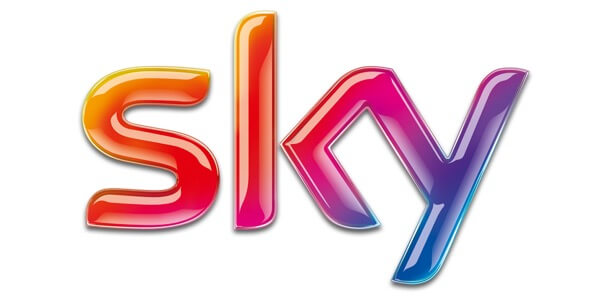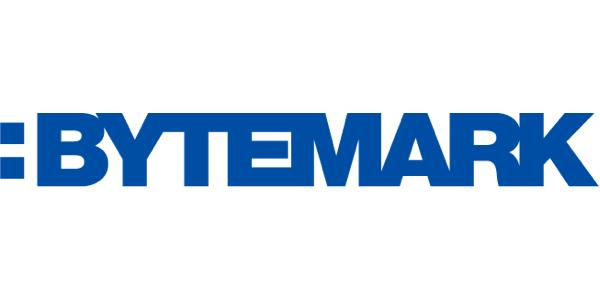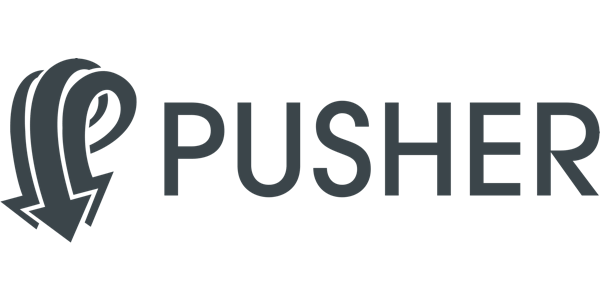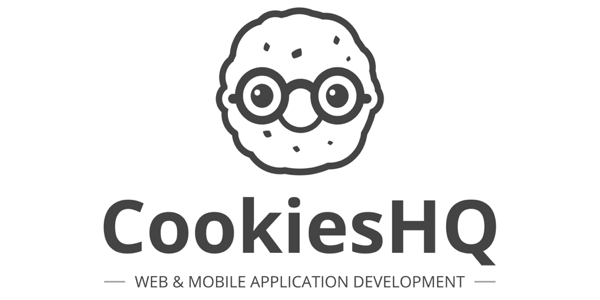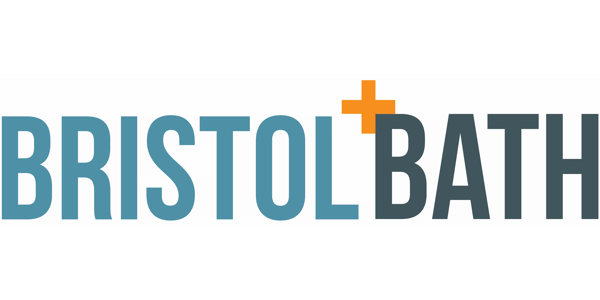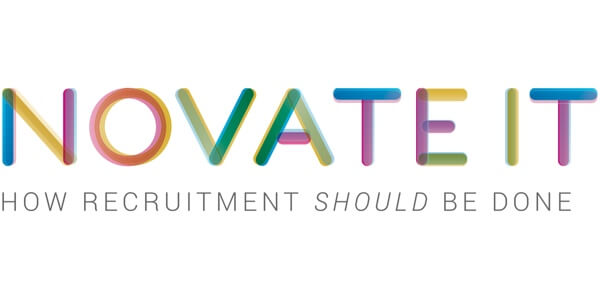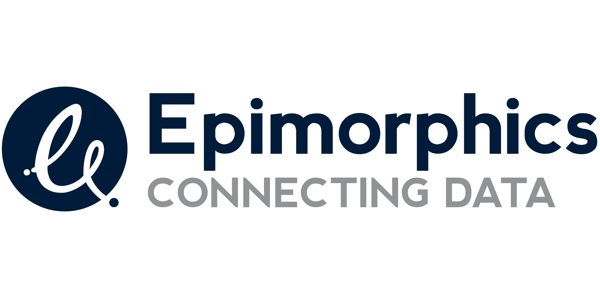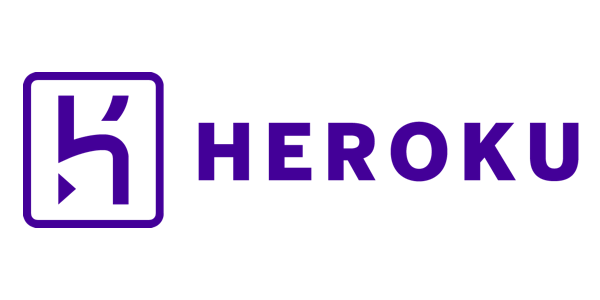Friday 11th March 2016
-
08:30 - 09:30 1 hr
Registration
-
09:30 - 09:40 10 mins
Welcome
-
Rocking out in Ruby - a playful introduction to Sonic Pi
Xavier Riley
Sonic Pi is a Ruby-based, cross platform environment for creating music with code. As well as being a revolutionary educational tool, it also happens to be a kick ass way of creating music.
In this talk we'll give you a brief overview of how it all works and show you how anyone age 6+ can be coding beats and basslines in minutes.We'll also examine how live coding, instant feedback and music make us think differently and how they can influence our code. Solving musical challenges in Sonic Pi is a great way to keep your Ruby skills sharp if you don't get to write as much code as you'd like to at work.
Finally we'll look to the future, both of music and education. Sonic Pi is already installed on every Raspberry Pi and it's the only default program to use Ruby! Let's think about how we can use tools like Sonic Pi to give children a positive introduction to programming and to music. With over 30,000 active users that journey has already begun.
-
10:10 - 10:25 15 mins
Break
-
10:25 - 10:55 30 mins
Lightning Talks
-
10:55 - 11:10 15 mins
Break
-
How Neo4j Saved My Relationship
Coraline Ada Ehmke
Relational databases have come a long way in the past decade, but sometimes complex data models (a map of network infrastructure, or a quantum-entangled network of social relationships) call for a different approach. How can we address these sorts of modeling challenges? This talk will explore practical uses of Neo4J, a graph database designed to solve the problems of connections and relations that are too complex for traditional relational databases. We'll learn about managing and querying highly connected data and explore the power of graph databases in taming our complex data problems.
-
11:35 - 11:50 15 mins
Break
-
Open Source for Your Benefit
Courteney Ervin
"Open Source is good for you," they whisper to you while you drink your coffee. "Just open source it," they say, hovering above your desk. "FOSS & GTD," they scream, smiling broadly and leaning ever more intimately forward with so many, many teeth.
Yes, open source is an incredibly important element of the tech ecosystem, and it can be a valuable and meaningful part of your career as a software developer. However, it’s important to do open source with your own personal needs and goals in mind. In this interactive talk, we’ll explore a collaborative, take-charge approach to open source contributions that doesn’t sacrifice your individual flair.
-
12:15 - 12:30 15 mins
Break
-
12:30 - 13:00 30 mins
Lightning Talks
-
13:00 - 14:30 1 hour 30 mins
Lunch
-
The Surprising Neuroscience of Gender Inequality
Janet Crawford
When it comes to the tech industry and gender, intolerance and under-representation are daily news items. Yet despite the glaring ugliness of scandals like Gamergate, the prime culprit in gender inequity is likely not overt sexism. Implicit bias, a normal byproduct of our neural design, leads well-intentioned men and women to reinforce the status quo, while constricting creativity and limiting strategic vision. This talk explores the biological basis of bias and the responsibility we all hold in changing the story.
-
15:05 - 15:20 15 mins
Break
-
Firing People
Zach Holman
People don’t talk about getting fired. We come up with euphemisms: "I’m funemployed!", or "I’m looking for my next journey!" That’s strange, when you think about it, given that it’s a fairly normal event that happens from time to time. But mostly it’s tragic, because unless we start talking about firing and getting fired, we can’t begin to start improving this very real — and often very painful — process.
-
15:50 - 16:05 15 mins
Break
-
16:05 - 16:35 30 mins
Lighting Talks
-
16:35 - 16:5015 mins
Break
-
How are method calls formed?
Aaron Patterson
In this presentation we're going to study how method calls are executed. We'll go from bytecode created by Ruby's Virtual Machine down to the C code where the methods actually get executed.
After we've learned about how Ruby executes methods today, we'll dive in to optimizations we can make on method dispatch including various types of inline method caching. You should leave with a better understanding of Ruby's VM internals as well as ways to analyze and optimize your own code. Also the presentation will have really great transitions in Keynote.
-
17:35 - 17:4510 mins
Wrap Up
-
17:45 - 20:002 hours 15 mins
After Party






